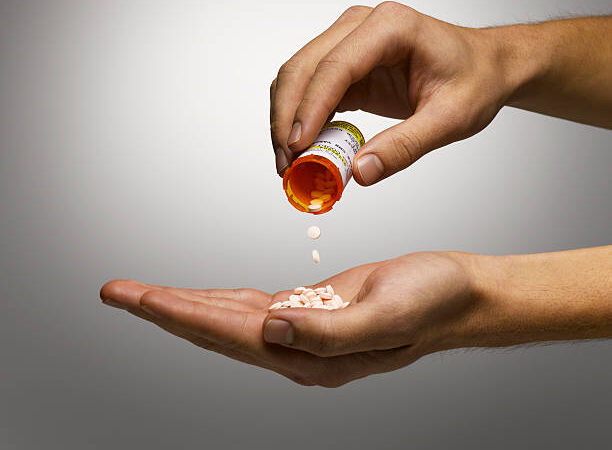The Science of Depression: How It Affects the Brain and Body

Depression is more than just feeling sad or experiencing temporary emotional lows. It is a complex mental health condition that impacts millions worldwide. To understand depression, we need to delve into the intricate science behind it — how it affects the brain, body, and overall well-being.
What Happens in the Brain During Depression?
The human brain is a sophisticated organ controlled by chemical messengers known as neurotransmitters. Depression often involves imbalances in these neurotransmitters, particularly serotonin, dopamine, and norepinephrine, which regulate mood, energy, and focus.
- Serotonin Dysfunction:
- Low serotonin levels are associated with feelings of sadness, anxiety, and irritability.
- It also impacts appetite and sleep, which are often disrupted in depression.
- Reduced Dopamine Activity:
- Dopamine is linked to pleasure and reward. A deficiency can lead to a lack of motivation and enjoyment, hallmark symptoms of depression.
- Stress Hormone Imbalance:
- Chronic stress increases cortisol levels, which can damage the hippocampus, a brain region critical for memory and emotion regulation.
Structural Changes in the Brain
Depression is not just about chemical imbalances; it also alters the brain’s structure. Key areas affected include:
- Hippocampus Shrinkage:
Prolonged depression can reduce the size of the hippocampus, leading to memory issues and difficulty managing emotions. - Prefrontal Cortex Impairment:
This region controls decision-making and emotional responses. Depression can cause reduced activity, leading to indecisiveness and emotional dysregulation. - Amygdala Hyperactivity:
The amygdala governs fear and emotional processing. In depression, it often becomes overactive, intensifying negative emotions and thoughts.
How Depression Affects the Body
Depression isn’t confined to the brain — it has profound effects on the body as well.
- Chronic Fatigue:
Depression often causes persistent tiredness, even after sufficient rest, due to disrupted sleep patterns and low energy levels. - Weakened Immune System:
Stress hormones like cortisol suppress the immune system, making individuals more susceptible to illnesses. - Pain Sensitivity:
Many people with depression report experiencing physical pain, such as headaches, muscle aches, and joint discomfort. - Digestive Issues:
Depression is linked to gut health. Imbalances in gut microbiota can exacerbate depressive symptoms, highlighting the gut-brain connection.
Treatment and Recovery: The Path to Healing
Understanding the science behind depression opens the door to effective treatments:
- Medications: Antidepressants, such as SSRIs, restore chemical balance in the brain.
- Therapy: Cognitive Behavioral Therapy (CBT) and psychotherapy address negative thought patterns.
- Lifestyle Changes: Regular exercise, a balanced diet, and sufficient sleep significantly improve mental health.
- Mindfulness Practices: Meditation and yoga help reduce stress and enhance emotional regulation.
Conclusion
Depression is a multifaceted condition that deeply affects the brain and body. By understanding its biological underpinnings, we can better address its challenges and seek effective treatments. Whether through therapy, medication, or lifestyle changes, recovery is achievable.
If you or someone you know is struggling with depression, seek professional help. Remember, depression is not a personal failure but a medical condition that deserves attention and care.
Trusted Psychiatrists in NYC for Mental Health Care.
Effective Cable Workouts for a Strong Back



